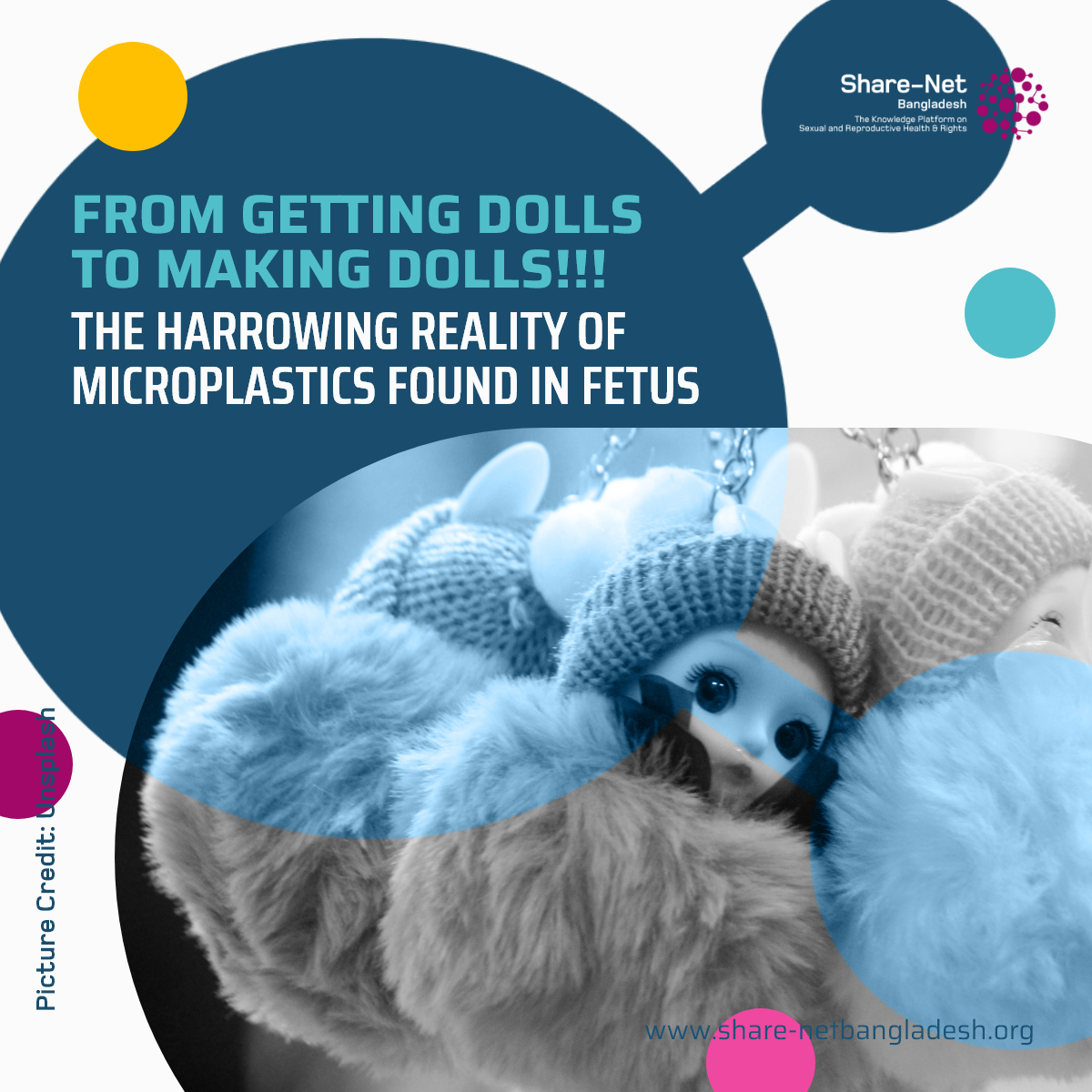From Getting Dolls to Making Dolls! The Harrowing Reality of Microplastics Found in Fetus
In a startling discovery, Rutgers University researchers found that tiny plastic particles could potentially end up in newborns’ organs, raising urgent concerns for both environmental and reproductive health. “Microplastics can cross the placental barrier, exposing the developing fetus to potentially harmful pollutants,” says Phoebe A. Stapleton, an associate professor of pharmacology and toxicology at Rutgers and the senior author of the study published in Science of the Total Environment. This revelation has sparked alarm among health experts, who caution that the long-term impacts of microplastics on newborn health remain unknown.
During the experiment, Rutgers Health researchers exposed six pregnant rats to aerosolised food-grade plastic powder over a ten-day period. The study highlights that rodents, like humans, possess a hemochorial placenta, which separates maternal and fetal blood.
Two weeks after birth, an examination of the newborn rats’ organs revealed microplastics identical to those found in their mothers’ lungs. This finding strongly suggests that plastic particles can move from mother to child in utero, potentially affecting fetal health and development.
Such discoveries bring urgent questions to the forefront of Sexual and Reproductive Health and Rights (SRHR). While SRHR advocacy has traditionally focused on access to safe reproductive care, contraceptive options, and maternal health, this new research emphasises the need for a broader approach that includes environmental health.
Exposure to environmental pollutants, like microplastics, could pose previously overlooked risks to maternal and fetal health, affecting generations yet to come. With micro- and nanoplastics (MNPs) becoming increasingly prevalent, understanding their potential to harm reproductive health becomes a pressing issue.
The health risks associated with MNPs remain unclear, but early findings like these signal a call to action for public health and environmental policymakers. Not only are there unknown effects on developing fetuses, but this research also raises concerns about maternal health, as plastic particles can accumulate in organs over time.
While much of the attention around plastic pollution has been on its impact on the oceans and wildlife, this study underlines that human health, particularly the health of vulnerable groups like pregnant women and newborns, is also at stake.
Health experts stress the importance of further research on MNPs and reproductive health while advocating for stricter policies around plastic production and waste management. Acknowledging plastic pollution as a reproductive health issue is essential, as is the need for public awareness on how these particles can affect maternal-fetal health. Protecting future generations may depend not only on reducing plastic consumption but on recognizing plastic pollution as an urgent SRHR concern.
Read the full report: https://www.sciencedirect.com/science/article/pii/S0048969724043638
Source: The Economic Times
Photo Credit: Sheikh Nayim Hasan/Unsplash

